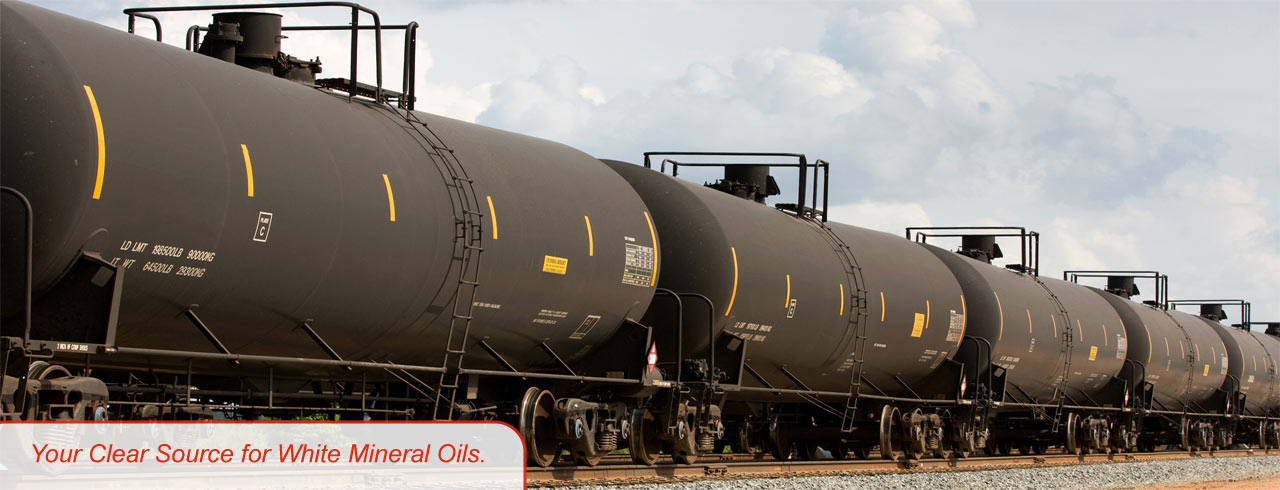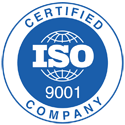Regulatory Compliance and Mineral Oil: Navigating FDA, USP, and Global Standards
 Regulatory Compliance and Mineral Oil: Navigating FDA, USP, and Global Standards
Regulatory Compliance and Mineral Oil: Navigating FDA, USP, and Global Standards
Understanding the global safety benchmarks that define the quality of white mineral oil.
Mineral oil plays a vital role in industries ranging from food processing and cosmetics to pharmaceuticals and industrial manufacturing.
Its versatility, stability, and inert properties make it a popular ingredient—but with that widespread use comes the need for rigorous regulatory compliance. Whether it’s for human contact, ingestion, or use in sensitive applications, mineral oil must meet stringent standards established by authorities across the globe.
In this post, we break down the key regulatory frameworks governing mineral oil and how quality suppliers ensure compliance across borders.
1. FDA Regulations: Food-Grade and Pharmaceutical Use in the U.S.
In the United States, the Food and Drug Administration (FDA) classifies white mineral oil based on intended use:
- 21 CFR 172.878 covers white mineral oil as a direct food additive.
- 21 CFR 178.3620(a) outlines the standards for indirect food contact, such as lubricants in food processing equipment.
- For pharmaceutical or cosmetic use, the oil must also meet USP (United States Pharmacopeia) monograph specifications, which detail purity, viscosity, and other physicochemical properties.
To be considered food-grade, mineral oil must be highly refined to eliminate aromatic hydrocarbons and meet strict impurity limits.
2. USP & NF Monographs: Pharmaceutical-Grade Assurance
Pharmaceutical-grade white mineral oil must meet standards outlined in the United States Pharmacopeia (USP) and the National Formulary (NF). These include:
- Identification tests to ensure the oil is mineral-based.
- Purity parameters, such as the absence of sulfur compounds, color requirements, and density.
- Microbial limits and the absence of heavy metals.
Products meeting these standards can be used in oral, topical, and even ophthalmic applications, reflecting the highest level of safety and purity.
3. EU and Global Standards: ECHA, EC No. 1907/2006 (REACH), and Beyond
Europe classifies mineral oil under the European Chemicals Agency (ECHA) and REACH legislation, which requires detailed chemical safety reporting. White mineral oils are typically listed under the regulation EC No. 1907/2006, which enforces:
- Chemical safety assessments,
- Registration of substances used in quantities over 1 ton per year,
- Full disclosure of toxicological and environmental data.
In addition, Regulation (EC) No 1223/2009 for cosmetics and (EU) No 10/2011 for food contact materials offer strict safety standards in line with FDA but tailored for the European market.
4. International Codex and National Standards
Countries such as Canada, Japan, and Australia maintain their own guidelines, often referencing FCC (Food Chemicals Codex) or aligning with USP or EP (European Pharmacopoeia).
For example:
- Canada follows Health Canada standards, closely tied to FDA and USP.
- Japan’s Ministry of Health, Labour and Welfare enforces its own rigorous monographs under the JP (Japanese Pharmacopoeia).
- Codex Alimentarius, developed by the FAO/WHO, offers global food safety benchmarks that help align multi-national product specifications.
5. Why Regulatory Compliance Matters
Choosing a mineral oil supplier that adheres to these international standards ensures:
- Safe product performance across food, pharmaceutical, and cosmetic applications,
- Ease of cross-border commerce, as the product meets multi-national criteria,
- Reduced legal and financial risk, thanks to traceable documentation and quality controls.
At STE Oil Company, we are committed to delivering high-quality white mineral oils that meet or exceed FDA, USP, and global standards. Whether you’re sourcing for food-grade, technical-grade, or specialized formulations, you can be confident that regulatory compliance is built into every batch.
Ready to explore mineral oil solutions that meet your industry’s standards?
Contact us today for spec sheets, safety documentation, and expert support.
























